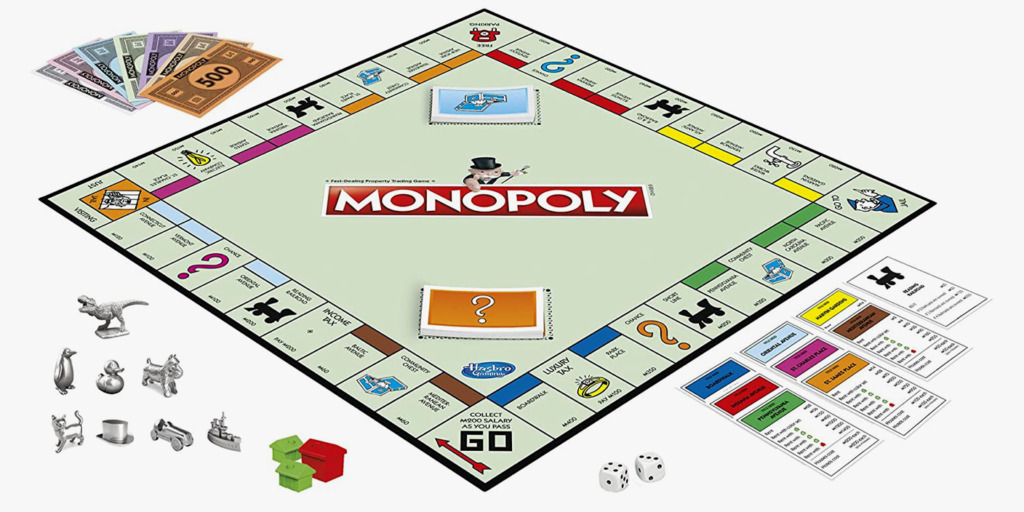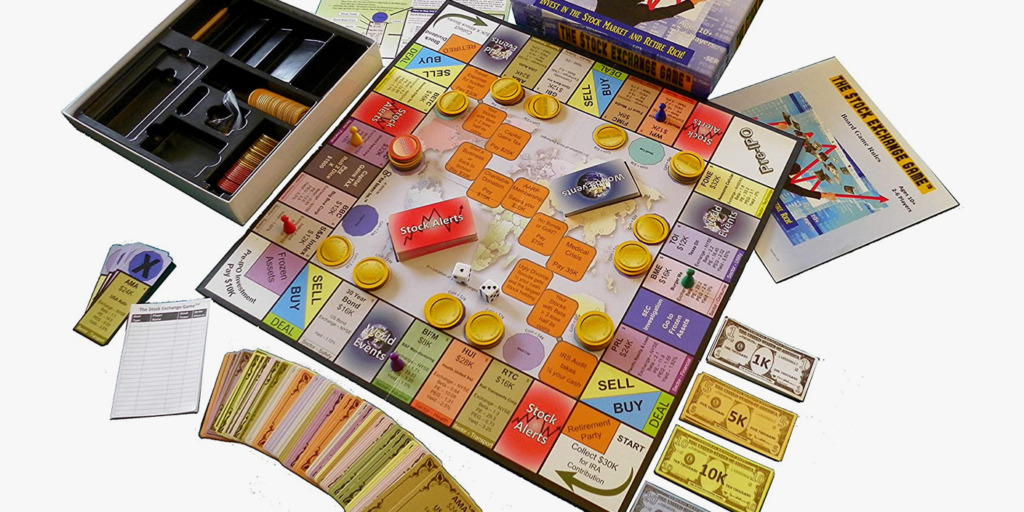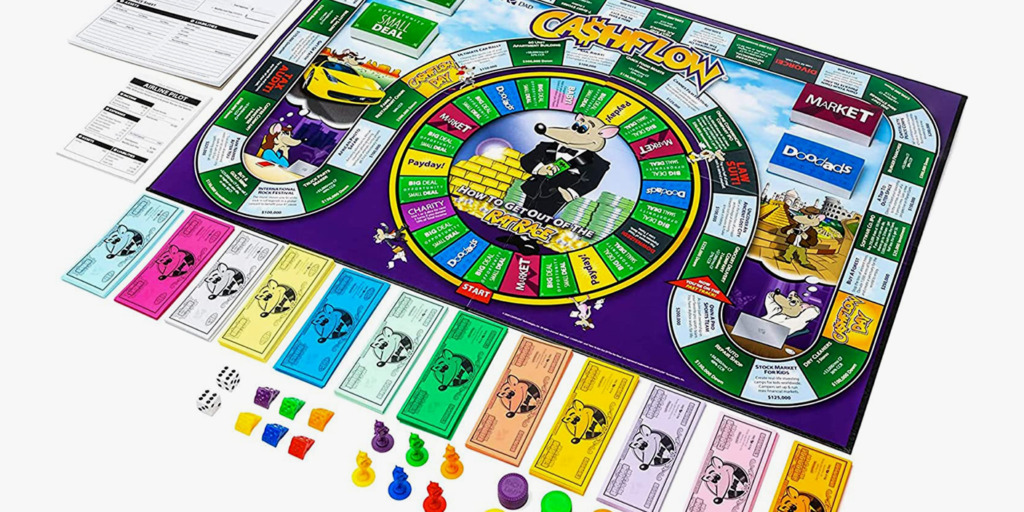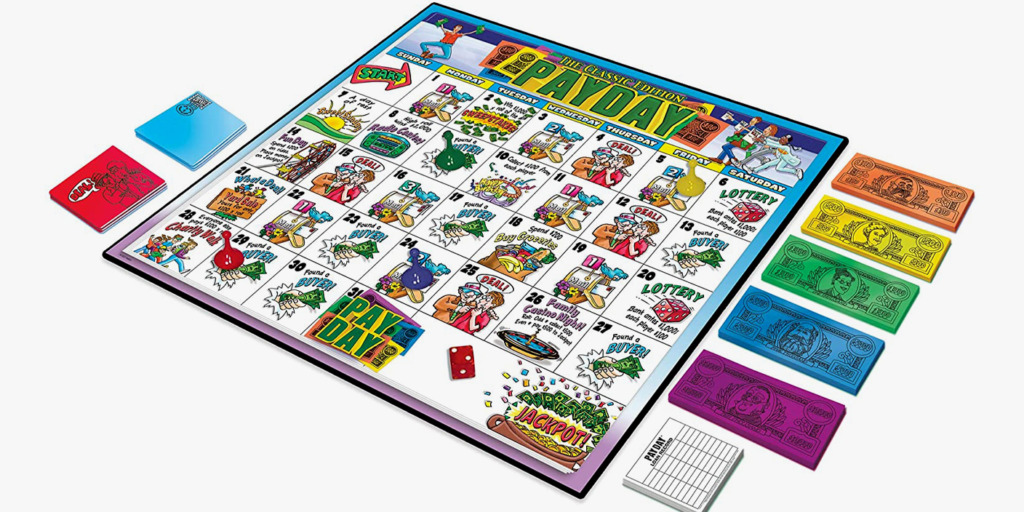

Are you looking for a great way to learn about financial management while having a great time doing it? Well, the good news is that you can achieve both with financial board games. Interestingly, these board game types are also useful for family bonding time while teaching useful financial management skills to their players.
So, what are financial board games?
Financial board games are board game types that focus on teaching financial management skills to their players. While enjoying a competitive game, it teaches money management skills through its profit-making strategies while using expenses, bills, and debts as instruments in the game. This board game choice is both fun and educational for all who participate in it.
Below are the top selections of financial board games that are sure to teach you useful financial management skills while you have fun playing them.
Monopoly

When it comes to board games, one of the most popular games in this category is Monopoly. Monopoly is a top-choice board game worldwide that is available in several languages for everyone interested in playing. This game initially focuses on educating its players about the income inequity that exists within society. Now, it has morphed into a competitive game that allows its players to buy and sell different properties to become the most prosperous on the board.
Basically, the game centers around using the available playing tools to become the player with the highest net worth on the board. This is achievable by owning properties and cash that is on the table. Monopoly is a fun-to-play board game that is perfect for financial education through its many lessons about effective money management and mechanisms that prevent one from falling into debt.
Stock Exchange Game

Stock Exchange Game is a thrilling financial board game that teaches the basics of the stock market. It is enjoyable as a family game, with each and every one welcome to participate. It is a board game that helps its players learn how to build and manage their stock portfolio, and buy and sell their stocks while engaging in mergers and acquisitions.
There are different rules that apply to the different levels of this game. While this game is enjoyable, it packs a great deal of financial knowledge that is applicable in the real-life stock market.

Modern Art

Modern Art is another interesting financial board game. Here, you are in charge of a world-class museum where your main job description is to auction off modern art pieces while purchasing art from rising artists. While the winner of the game is determined by who earns the most money from their art trade for the museum.
The Modern Art board game teaches how to value artwork and the negative fluctuation that could plague some of the artworks that seem valuable. The main point of this board game is to teach its players about artwork auctioning while informing them about how the intrinsic value of items can fluctuate over time.
Cashflow 101

Another interesting financial board game you should know about is cashflow. Cashflow is an interesting board game that teaches its players’ important financial management skills. Players who play this board game understand cash flow management and how to make strategic key decisions regarding their investment.
This board game is quite useful for understanding investment, which is rarely taught in schools. It encourages its players to consider investment opportunities as a lucrative financial path to financial freedom. It teaches how to invest, things to look out for in monetary statements, and how to manage personal accounting.
Payday

Payday is a board game that teaches about budgeting. It allows players to work through the monthly calendar and use things like loans, bills, and expenses to offset their daily expenses before their paycheck arrives. This game teaches budgeting, loan repayment plans, and the overall difference between cash outflow and inflow.
Conclusion
Learning while playing board games is a tactical way of picking up financial management skills. While many financial management skills are not actively taught, everyone can learn these important life skills while enjoying a jolly game. These theories are key to understanding finance while enjoying a great family bonding time together.








